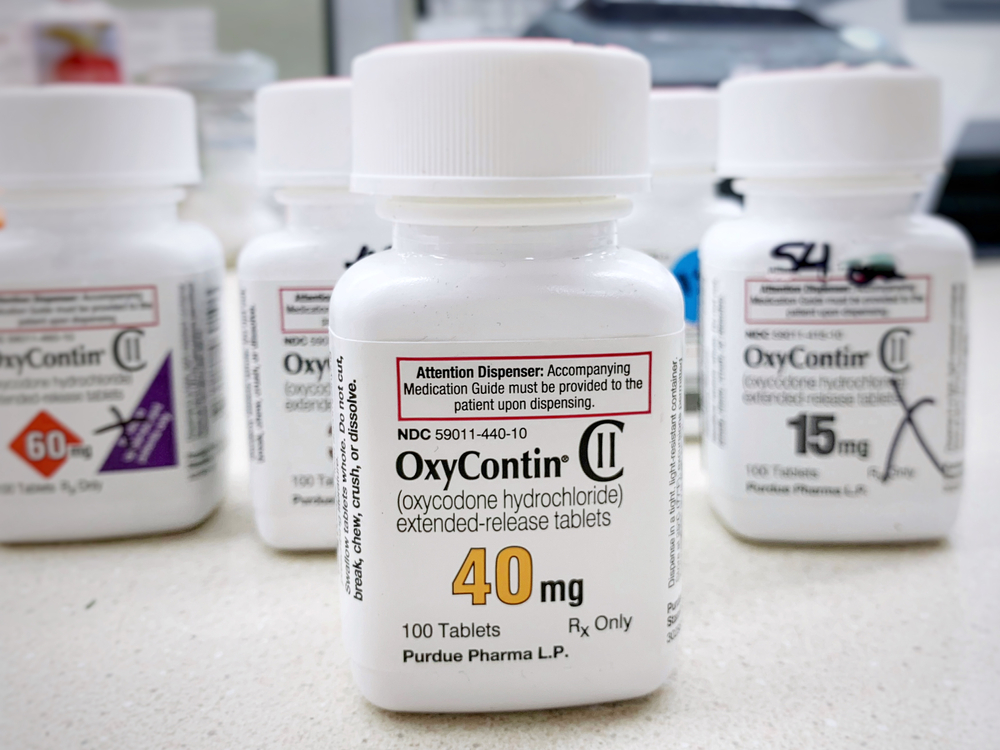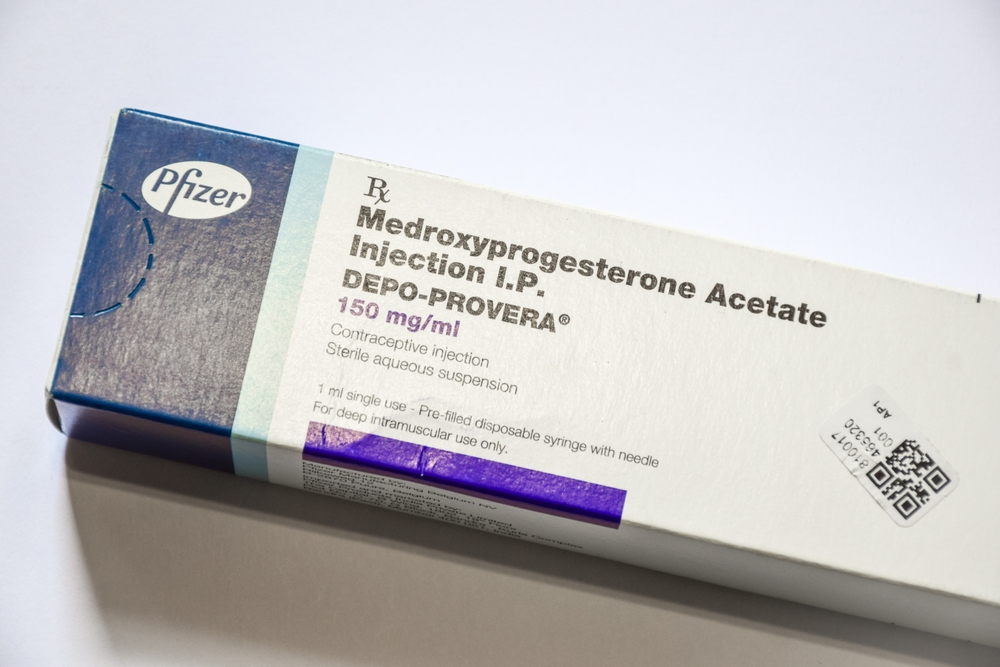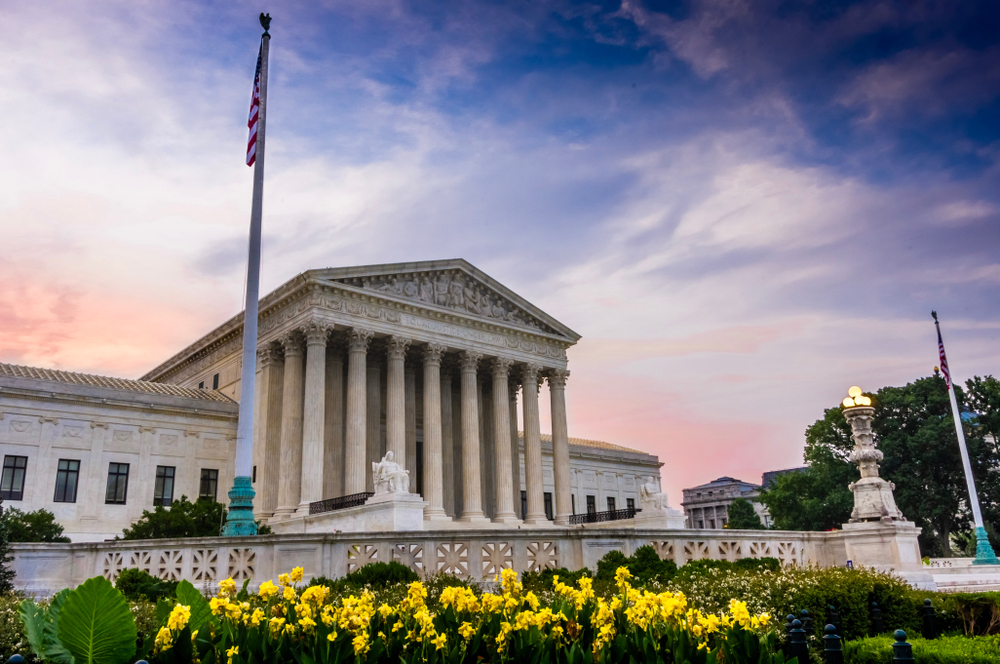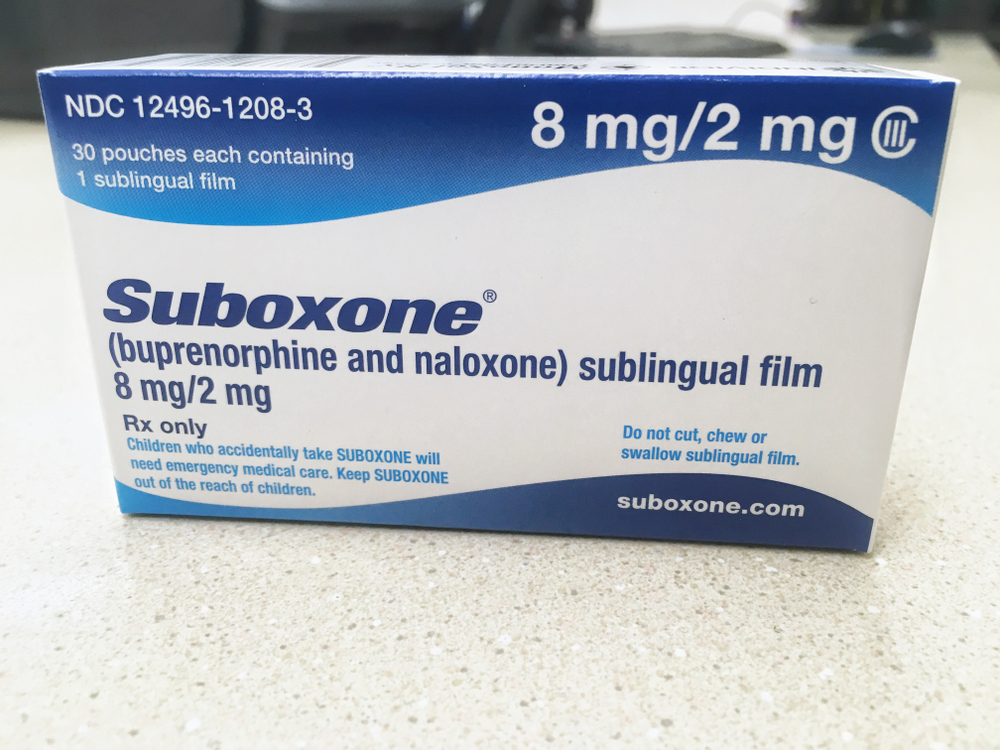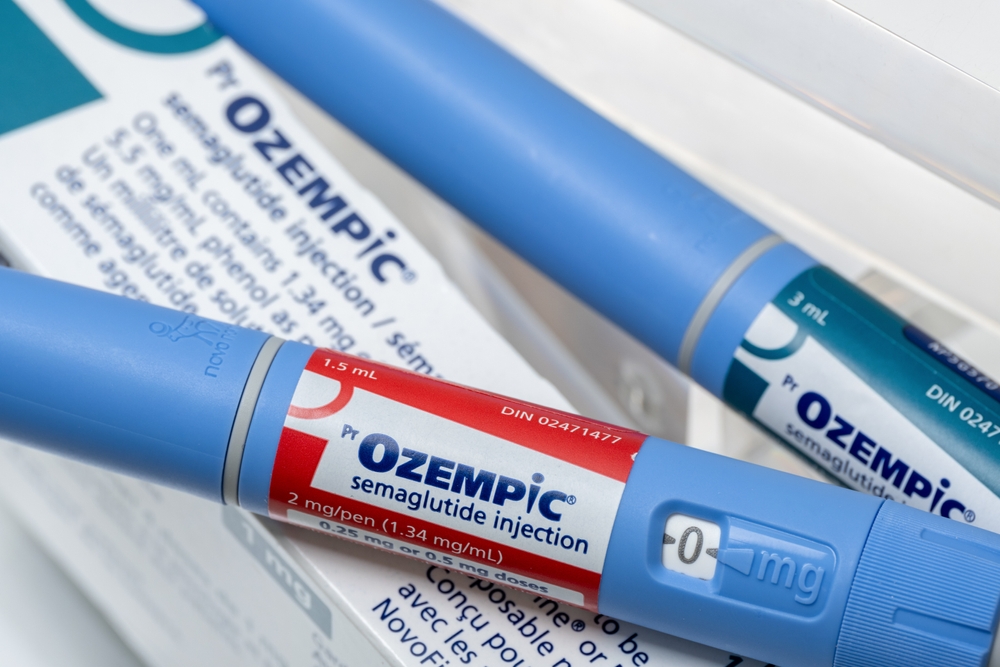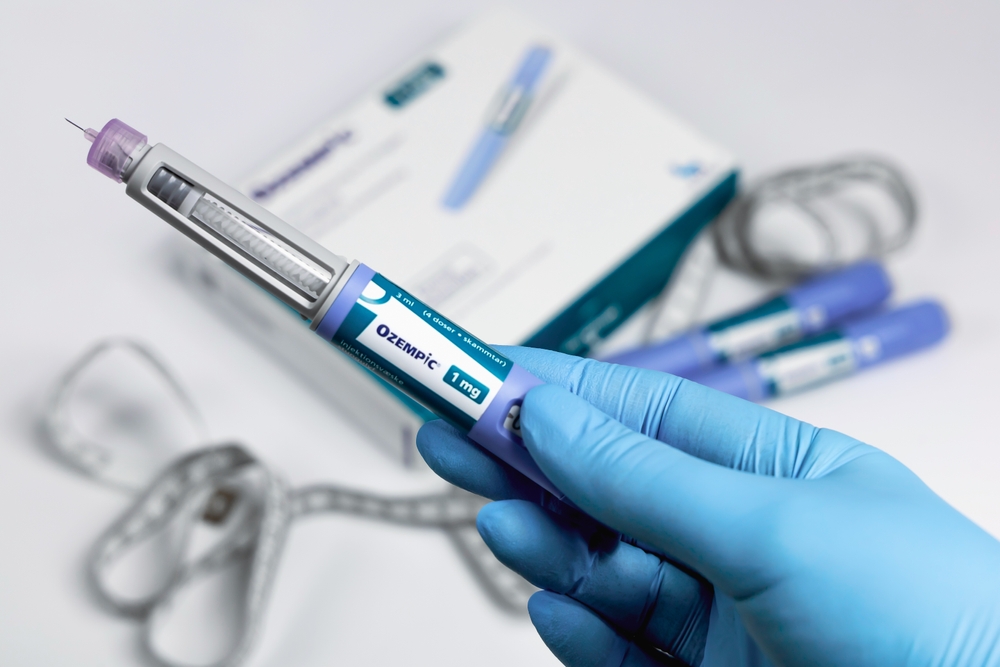Purdue Pharma Opioid Settlement Update
Last September, thousands of families across the country who have been devastated by opioid addiction breathed a sigh of relief when Purdue Pharma, the manufacturers of OxyContin, agreed to a $4.5 billion bankruptcy settlement. Purdue’s owners, the Sackler family, also found relief in the possible end to the litigation plaguing the company. But when the settlement was rejected in December by a federal judge, confusion set in. What would this mean for the parties involved?
Settlement Thrown Out by Judge
U.S. District Judge Colleen McMahon in New York ruled to throw out the proposed settlement because one of its provisions would shield the Sackler family from facing lawsuits individually. Judge McMahon found that federal bankruptcy law does not grant the bankruptcy judge the authority to accept agreements where individuals did not declare bankruptcy.
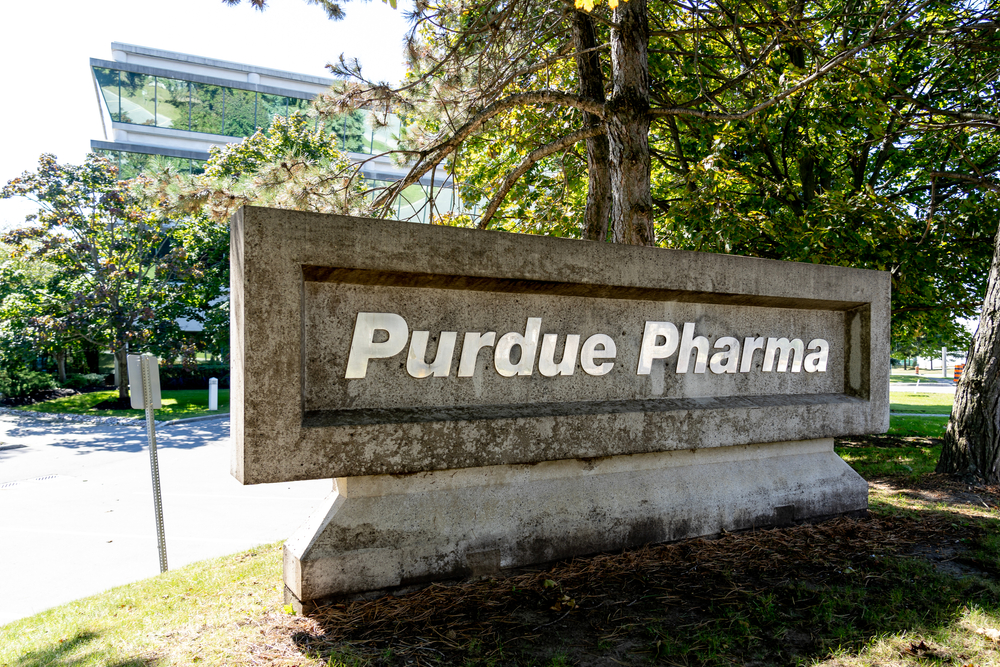
Due to the thousands of opioid lawsuits facing Purdue Pharma, hundreds of which named members of the Sackler family, the company and its owners decided to split apart. Purdue declared bankruptcy in 2019, while the Sackler family did not – instead giving up their interest in the pharmaceutical giant. Subsequently, lawsuits naming Purdue halted when it declared bankruptcy, and the company was free to focus on restructuring.
The Sackler family worked out an arrangement with its creditors in bankruptcy court, agreeing to pay $4.5 billion in cash and charitable assets as part of an overall deal worth potentially $10 billion. They would give up ownership of Purdue, which would transform into a different kind of opioid manufacturer – one whose profits would be used to fight the opioid epidemic and develop low to no-cost anti-addiction and overdose drugs. But the settlement contained language stating the family would acknowledge no wrongdoing in the nationwide crisis and be granted full immunity from any lawsuits in which it was named.
William Brangham, producer and correspondent at PBS NewsHour, said, “ … the judge seemed to take issue with the fact that, in recent years, members of the Sackler family had been taking money out of Purdue Pharmaceuticals, and then would argue, well, that’s partly why Purdue Pharmaceuticals doesn’t have any money and thus must go bankrupt.”
OxyContin, just one of the prescription drugs Purdue manufactured and sold, has generated an estimated revenue of more than $34 billion. It and other opioids have collectively been linked to over half a million U.S. deaths over the past 20 years.
Brangham also noted that Sackler family members transferred $10.4 billion out of the privately held Connecticut-based company during the decade before the bankruptcy, leading Judge McMahon to question whether that move was made to ensure the family’s role in bankruptcy negotiations.
Mediation and a New Opioid Settlement
After the settlement was thrown out, attorneys for the Sackler family and Purdue Pharma appealed the ruling and began formulating a new agreement in January. One of the main points contested by attorneys on both sides is whether the Sackler family should be shielded from opioid-related litigation. The original deadline for negotiations to conclude was February 7. After both parties stressed that additional time was needed to finalize a potential new settlement, they were granted an extension to February 17.
Under the latest proposal filed by the appointed mediator in the U.S. Bankruptcy Court on February 18, the Sackler family would contribute between $5.5-6 billion to settle lawsuits in exchange for protection against current and future lawsuits. The exact amount would be determined by how much the family would make from selling its international drug companies.
Victim and family advocates are concerned that the additional money will go into the government’s pockets rather than support those who suffered. Advocate Ryan Hampton noted that the new proposal would not increase the original $750 million set aside for treatment and support programs.
“The government’s pot will continue to get larger as additional settlement negotiations may continue, yet there’s no increase for direct payments to families and survivors,” he said. “It’s dead wrong and unjust.”
The mediator, U.S. Bankruptcy Court Judge Shelley Chapman, said any new deal would be contingent on agreement from all objecting states and the District of Columbia. Only some of them have consented at this time.
U.S. Bankruptcy Court Judge Robert Drain agreed earlier this week to keep any opioid lawsuits against both Purdue and the Sacklers on hold through March 3, in the hopes that a settlement will be reached.








